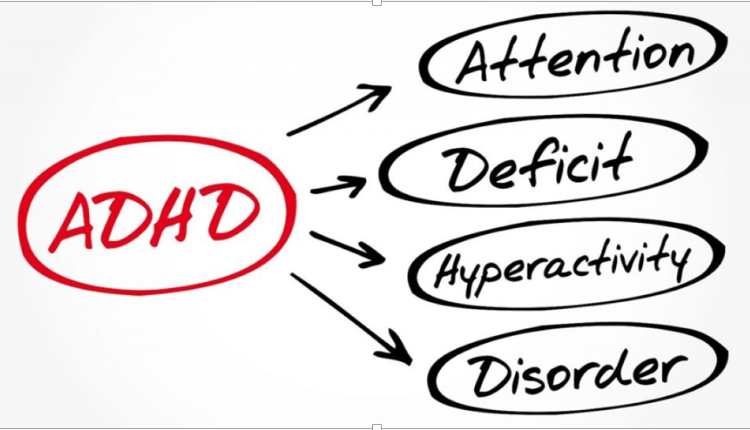Attention Deficit Hyperactivity Disorder (ADHD) is a neurodevelopmental disorder that affects both children and adults. It is characterized by symptoms such as inattention, hyperactivity, and impulsivity. ADHD can have a significant impact on an individual’s academic performance, social relationships, and overall quality of life. Therefore, early assessment and diagnosis of ADHD are crucial in order to provide appropriate interventions and support.
One of the main reasons why early assessment for ADHD is important is because it allows for early intervention. Children with ADHD often struggle with academic tasks such as paying attention in class, completing assignments, and staying organized. Without proper intervention, these difficulties can lead to poor academic performance and low self-esteem. However, with early assessment, educators and parents can implement strategies to help children with ADHD succeed academically. This may include providing additional support in the classroom, implementing organizational tools, or offering specialized tutoring services.
Early assessment also enables healthcare professionals to provide appropriate treatment options for individuals with ADHD. There are various treatment approaches available for managing ADHD symptoms, including medication, behavioral therapy, and educational interventions. However, the effectiveness of these treatments may vary depending on the individual’s age and specific needs. By assessing ADHD early on, healthcare professionals can tailor the treatment plan to meet the unique needs of each individual. This personalized approach increases the likelihood of successful outcomes and improves the individual’s overall functioning.
Furthermore, early assessment for ADHD allows for the identification of co-occurring conditions or comorbidities. It is not uncommon for individuals with ADHD to also experience other mental health conditions such as anxiety or depression. These comorbidities can further complicate the individual’s symptoms and impact their overall well-being. By conducting a comprehensive assessment early on, healthcare professionals can identify any co-occurring conditions and develop a holistic treatment plan that addresses all aspects of the individual’s mental health.
Another important aspect of early assessment for ADHD is the impact it has on the individual’s social and emotional development. Children with ADHD often struggle with impulse control, social interactions, and emotional regulation. These difficulties can lead to challenges in forming and maintaining relationships with peers and family members. Early assessment allows for the implementation of social skills training and emotional regulation strategies that can help individuals with ADHD navigate these challenges more effectively. By addressing these issues early on, individuals with ADHD have a better chance of developing healthy relationships and improving their overall social and emotional well-being.
In conclusion, early assessment for ADHD is of utmost importance in order to provide appropriate interventions and support. It allows for early intervention, personalized treatment plans, identification of comorbidities, and improved social and emotional development. By identifying ADHD early on, individuals can receive the necessary support to succeed academically, socially, and emotionally. Therefore, it is crucial for parents, educators, and healthcare professionals to be aware of the importance of early assessment for ADHD and to take appropriate steps to ensure timely diagnosis and intervention.

